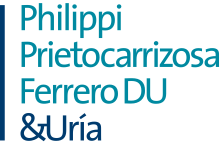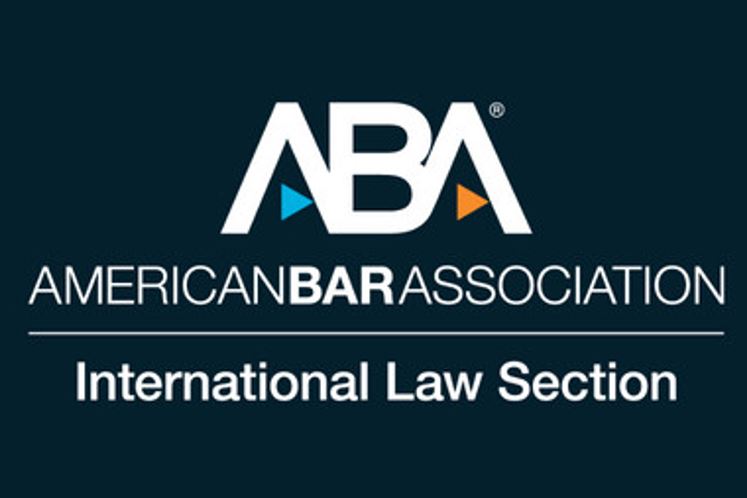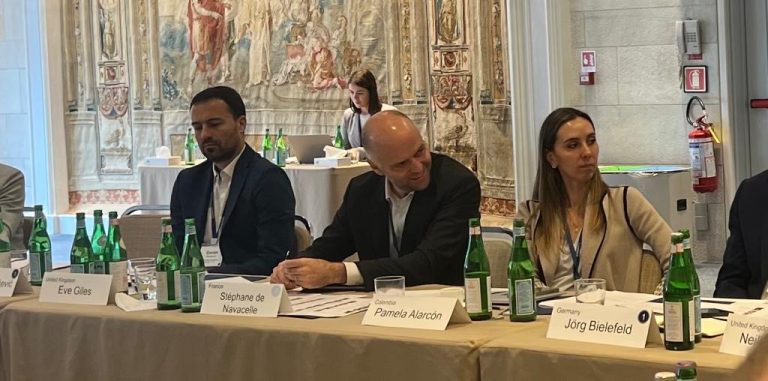I. Can allegations of corruption serve as a bar to jurisdiction of arbitral tribunals or admissibility of claims?
There is a consensus in Chilean doctrine (legal opinion) and jurisprudence that the arbitration agreement, whether in the form of an arbitration clause or a settlement clause, is completely autonomous and independent. In that order, the possible allegations of corruption that seek to render the main contract null and void do not affect either the arbitration agreement or admissibility of claims.
Besides, under Chilean procedural civil law (that could be applicable if the parties agree), there is no basis to declare inadmissibility of claims or lawsuit based on corruption allegations.
II. Can allegations of corruption affect the validity of an arbitral award?
Under Chilean legal framework, Law No. 19,971 on International Commercial Arbitration (“LACI”) applies without prejudice to any multilateral or bilateral treaty in force. This law provides that one of the ways to request the nullity of an arbitral award is to prove to the court that the award is contrary to Chilean public policy.
In that order, while it is possible that allegations of corruption may support an appeal for annulment or prevent the enforcement of an arbitral award on the grounds that it affects Chilean public policy, there is a consensus in doctrine and case law that the public policy ground for annulment is interpreted restrictively (that is, only when the arbitral award affects the most fundamental and explicit principles of justice and equity of the State, or when eventually there is an act of corruption on the part of the arbitral tribunal).
III. In annulment or enforcement proceedings, can the court review the award and the merits to determine whether corruption or related offences affect the underlying dispute?
LACI provides that the challenge of an arbitral award, as well as the opposition to its recognition and enforcement, is only plausible on formal grounds, that means the procedure by which the award was rendered suffers from a procedural defect (for instance, the parties have not been notified of the appointment of the arbitrator, the award relates to a dispute not provided for in the arbitration agreement, the composition of the arbitral tribunal is not in accordance with the agreement of the parties, among others).
For that reason, the court reviewing an arbitral award based on the foregoing factual assumptions will not be empowered to rule on the merits of the case. As mentioned above, an arbitral award can be annulled on the grounds of violation of public policy. In this scenario, corruption allegations might be eventually subsumed under this ground.
IV. Can courts review corruption allegations which have not been raised in the arbitration?
As above mentioned, the Court can only review the award that was rendered by an arbitral tribunal based on a procedural defect. For that reason, corruption allegations might be reviewed under the grounds of infringement of public policy, provided that the parties have alleged this argument.
V. Do courts defer to the arbitral tribunal’s finding that no corruption acts were committed?
In Chile, the Court having jurisdiction to hear an appeal for annulment of an arbitral award will generally respect the conclusion that no acts of corruption have been committed. Indeed, according to LACI, the appeal for annulment is extraordinary and based on formal grounds, which does not include the review of the evaluation of the evidence presented nor of the manner in which the law has been applied.
Accordingly, the Court when requested to annul an award, may suspend the annulment proceedings, when appropriate and when requested by one of the parties, for a period it determines in order to give the arbitral tribunal the opportunity to resume the arbitral proceedings or to take any other measure that, in the opinion of the arbitral tribunal, eliminates the grounds for the annulment request.
VI. Is there a standard of proof used by arbitrators and reviewing courts to assess the existence of corruption?
To determine the existence of corruption in a civil case, an arbitral tribunal or a Court reviewing an arbitral award does not need to meet a different standard of proof than the civil standard known as “preponderance of the evidence”. This standard involves gathering the most substantial and convincing evidence (serious and consistent) to support one party’s allegations over those of the opposing party (“more likely than not”).
The standard of proof to justify an act of corruption is more stringent only when a criminal court is adjudicating the commission of crime against an individual (for instance, in a criminal case related to bribery).
VII. Which method do arbitrators and reviewing courts employ to establish evidence of corruption?
Most cases in which corruption is the main fact, or the arbitrator is involved, are under the jurisdiction of criminal courts.
Notwithstanding, when parties want to allege corruption issues in a civil case (which, in turn, is being heard by the Public Prosecutor’s Office or a criminal court), they usually add to the arbitration file part of the documents from the investigative file that gathers the official investigation of the Public Prosecutor’s Office (in the investigative files, for instance, there are testimonial statements that serve as a basis to prove an act of corruption).
VIII. Are arbitrators seated in your jurisdiction bound by criminal proceedings on issues that could impact the underlying arbitration dispute?
According to Chilean regulation, the crimes are not subject to arbitration. Therefore, only criminal courts have jurisdiction to hear facts that constitute crimes.
Notwithstanding, civil actions derived from a crime can be heard by civil court or an arbitral tribunal, as the case may be. In such an event, criminal judgments that acquit the accusation or order the definitive dismissal of the case may produce res judicata in civil matters, which may also be applicable to civil issues that may be under discussion in arbitration (e.g. a breach of contract that allegedly is false).
IX. To what extent do they rely on or defer to findings from parallel criminal investigations?
LACI has established a mechanism that recognizes that the parties are free to agree on the rules of the arbitral procedure and that, in the absence of such rules, the arbitrator may supplement them in accordance with the said law. In that order, there are no rules requiring an arbitral tribunal to stay proceedings because of an ongoing criminal investigation related to arbitration. Nevertheless, under Chilean procedural civil law (that could be applicable if the parties agree), when the existence of a crime forms the specific basis for a civil judgment or has a notable influence on it, the Court (or arbitral tribunal, as the case may be) may suspend the pronouncement of the civil judgment until the conclusion of the criminal proceedings, if an accusation has been filed.
Notwithstanding this, the parties may present evidence related to the crime being investigated in criminal proceedings to the arbitral trial (i.e., documents from the investigative file) to support their allegations. If the tribunal considers such evidence relevant, it may take it into account when rendering the award.
X. Are remedies available when an arbitral tribunal rules that there is no evidence of corruption but subsequently a criminal ruling decides otherwise?
The grounds for annulling an arbitral award under LACI do not contemplate a case like the one described (except for those already mentioned above). Nevertheless, under Chilean civil procedural regulations (that might turn out applicable for domestic law arbitrations), when a final decision has been unfairly obtained by virtue of bribery, it is possible for the Supreme Court, for reasons of material justice, to review that judgment despite the existence of res judicata.



